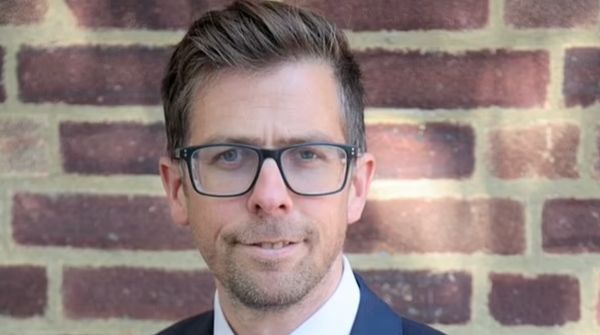Imagine a world where children are no longer glued to their smartphones, where they can spend their days playing outdoors and forming genuine connections with others. Andrew O’Neill, the head teacher of All Saints Catholic College in Notting Hill, West London, is determined to make this vision a reality. He has come up with an innovative plan to combat what he describes as a “100 percent phone addiction” among his students.

Under O’Neill’s ambitious initiative, the school will implement a 12-hour school day, with students expected to arrive at 7 am and remain until 7 pm. But don’t worry, it’s not all about studying. The extended hours will be filled with a variety of activities aimed at deterring students from spending excessive time on their devices at home.
Why such a drastic measure, you may ask? O’Neill is deeply concerned about the detrimental effects of smartphone usage on the younger generation. He attributes increased apathy and anxiety among students to their excessive phone use. In fact, during phone confiscations, O’Neill has uncovered disturbing instances of cyberbullying, sexting, and even catfishing among his students.
Since implementing a ban on smartphones in 2016, All Saints Catholic College has been deemed “outstanding.” However, O’Neill believes that this measure alone is not enough to curb phone addiction and its associated risks. He has noticed a troubling trend of students prioritizing online interactions over face-to-face engagement, leading to a decline in social skills and emotional intelligence.
To tackle these challenges, O’Neill advocates for a holistic approach that involves not only the school but also parents. He emphasizes the importance of parental involvement in monitoring their children’s online activities and fostering a healthy balance between screen time and other pursuits. O’Neill himself limits his own children’s access to smartphones, opting for basic “brick” phones without social media applications.
Drawing from his own childhood experiences, O’Neill longs for a return to simpler times. He envisions a childhood where children can enjoy their days playing outdoors rather than being glued to screens. At All Saints Catholic College, he hopes to recreate a similar environment, free from the distractions of modern technology.
In addition to addressing immediate concerns surrounding phone addiction, O’Neill believes that instilling values of responsibility and accountability in students will better prepare them for adulthood. He advocates for collaboration between schools, parents, and social services to ensure the safety and well-being of young people in our increasingly digital world.
This initiative at All Saints Catholic College is a response to the growing recognition of the need to reassess traditional approaches to education in the face of evolving societal norms and technological advancements. By prioritizing student welfare and holistic development, O’Neill aims to equip the next generation with the skills and resilience needed to thrive in an ever-changing landscape. Together, we can break free from the grip of smartphone addiction and embrace a healthier and more balanced future.




